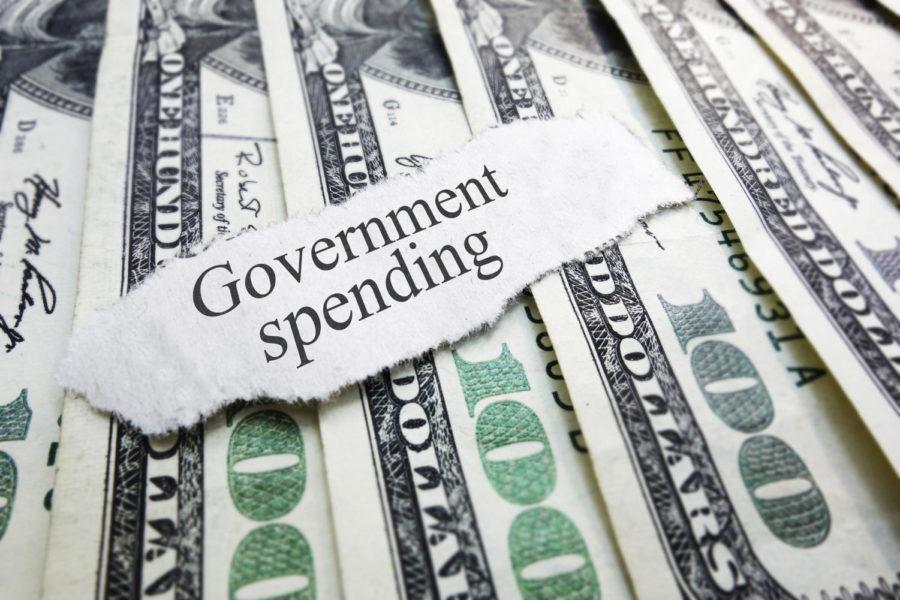Fitten: Democrats and the Sounds of Silence
Columnist Fitten argues that Democrats are denying the country a public debate on deficit reduction.
September 9, 2015
The public’s attempts to change events in our nation’s capital are few and far between. While the influence of money in politics is undeniably widespread, this inconsistent engagement presents an arguably equal threat to a well-functioning government.
One of the few tools we use to spur action in Washington, D. C. is the blame game.
It made Sen. Ted Cruz, R-Texas, the most obvious target of scorn during the government shutdown of 2013 as public pressure against his Obamacare stunt eventually became so great that he earned rebuke from his own Republican colleagues. People recognized the damage he was doing to the economy and lives of average citizens, albeit after the fact.
The script has been flipped as Congress returns to work this week with another shutdown looming. This time, Senate Democrats could force the government to come to a halt after their “filibuster summer” was met by deafening silence from the American people.
The summer’s events can be traced back to President Obama signing the Budget Control Act of 2011. Obama claimed it made a serious down payment on necessary deficit reductions. Back then, Republicans and Democrats were united in recognizing the important nature of growing debts and deficits, but the bipartisan desire to continue those policies is now absent.
With the country approaching full employment and deficits near historical averages, many Democrats believe that the 2011 measures are no longer essential and the method used to achieve deficit reduction, commonly known as the sequester, is reckless. They accurately claim that some Republican funding proposals fail to sufficiently invest in urgent priorities like infrastructure, research, education and social services.
But the Democratic position has been damaged by an ill-advised about-face on deficit reduction. Diverging from his 2011 views, Obama never entertained the prospect of a balanced budget with his February spending proposals. The president would allow the all-important indicator of publicly held federal debts as a percentage of GDP to continue its rise. The economic struggles of Greece and Japan demonstrate why this is a bad idea.
In contrast, Republicans moved toward funding the federal government with deficit reduction still in mind. Congress passed its first budget in six years in May, a budget consistent with the same law signed by President Obama in 2011. The GOP-led Congress spent the summer passing legislation to fund the government and move toward a balanced budget.
Anyone who’s watched “I’m Just a Bill” from “Schoolhouse Rock” realizes that this is exactly how Congress is supposed to work. Furthermore, Republicans deserve praise for a feat that hasn’t been accomplished since 2009.
Instead, Senate Democrats spent the entire summer obstructing the process with the same tactics they denounced while in power. Then-Senate Majority Leader Harry Reid said, “When [Republicans] encounter an issue that they’re afraid to debate in full public view they want to thwart debate all together.”
The bills Democrats blocked would have earned Obama’s veto and sent Republicans back to the drawing board to negotiate something worthy of his signature, the same process that worked for welfare reform in 1996. Otherwise, Republicans would have bore responsibility for the breakdown in procedure.
Media outlets will be wrong when they inevitably blame Republicans for the debacle. Months removed from historic election victories, the GOP should not have acted any differently absent bystander intervention from the American public.
The truth is that a lack of preemptive public action allowed Democrats to deny the country an open, public debate on deficit reduction. The results won’t be the fault of the big-money boogeymen Koch Brothers or George Soros. We will instead be haunted by our sins of omission.







